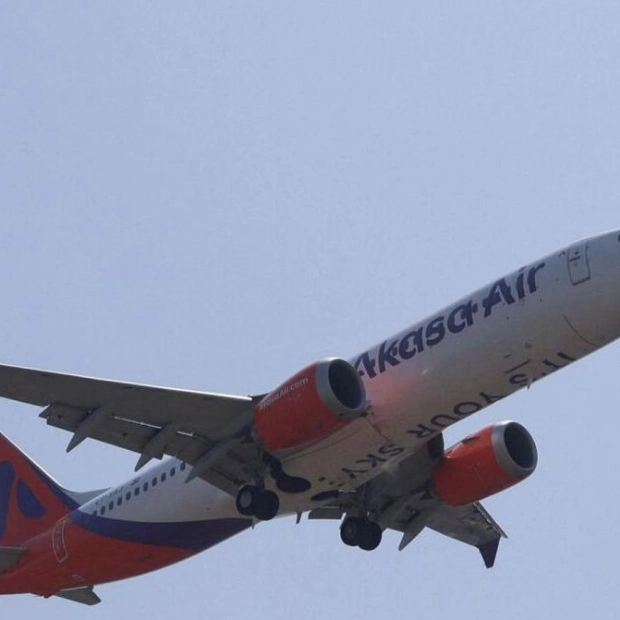According to a recent study, IT spending in the Middle East and North Africa (Mena) is projected to reach $193.7 billion in 2024, marking a 5.2% increase from 2023. This growth rate, however, is lower than the 6.6% increase seen in 2023, as reported by Gartner, Inc. Notably, despite a growth in 2023, spending on data center systems is expected to decrease by 0.3% in 2024. The decline in spending on data center systems, which include servers, external controller-based (ECB) storage, and enterprise network equipment, is primarily due to a shift towards alternative storage solutions like software-defined storage (SDS), hyperconverged infrastructure software (HCIS), and storage as a service. Miriam Burt, Managing VP Analyst at Gartner, highlighted that while regional inflation has eased, organizations in the Middle East are still grappling with challenges such as oil production cuts, economic risks from regional geopolitical tensions, and supply chain disruptions, leading to more cautious IT spending. In contrast, Mena IT services spending is forecast to rise by 9.6% in 2024, driven by increased investments in professional and consulting services for cloud migration, AI, generative AI (GenAI), and IoT implementations, as well as data monetization opportunities. Security and the adoption of 'XaaS' (Anything as a Service) models are also contributing to this growth. Devices spending is anticipated to drop by 4.5% in 2024, influenced by varying demand for new devices like mobile phones across different Mena countries. Eyad Tachwali, Senior Director Advisory at Gartner, noted that while AI/GenAI influences cloud services spending, its impact on overall IT spending in Mena is not expected to be significant in 2024. Additionally, global hyperscalers are ramping up investments in in-country data centers, including green data centers, and launching sovereign cloud services tailored for GCC markets.

Text: Lara Palmer
12.06.2024
Growth in IT Services Offset by Declines in Data Center and Devices Spending, Gartner Reports





